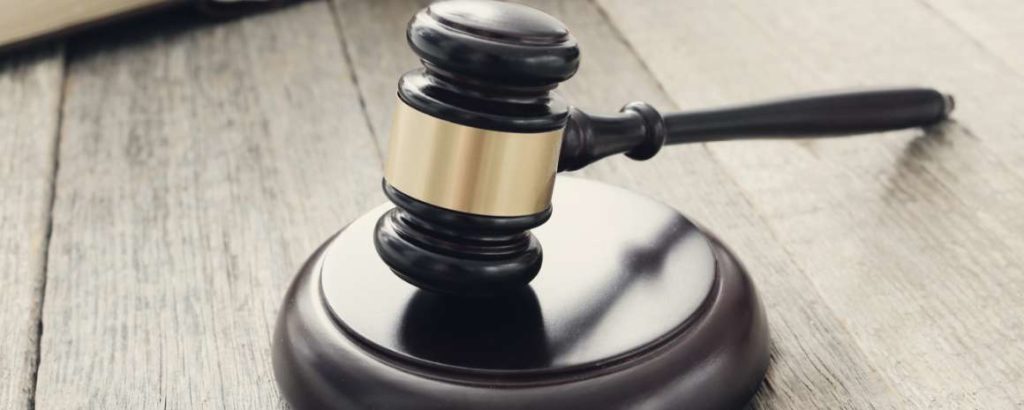We Can Guide You Through the Steps of FINRA Arbitration.
Our specialized attorneys are experts on the FINRA arbitration process. Get our insights into your dispute with a free case evaluation.
The 8 Steps of the FINRA Stock Fraud Arbitration Process
If you have suffered investment losses due to stock broker fraud, recovering your fraudulent losses will most likely involve filing a claim for FINRA arbitration. The Financial Industry Regulatory Authority (FINRA) shares responsibility with the U.S. Securities and Exchange Commission (SEC) for overseeing brokerage firms and brokers operating in the United States. FINRA provides a forum for aggrieved investors to hold their brokerage firms and brokers accountable in cases of securities fraud and financial misconduct.
When you open a brokerage account at any firm, you will most likely sign an agreement that includes a pre-dispute arbitration clause. This clause means that you cannot pursue your claim in civil court—it must go through the FINRA arbitration process. This is not necessarily a bad thing. FINRA arbitration is cheaper than filing a civil claim, the discovery process is less onerous, and arbitration cases typically settle more quickly than civil cases. Continue reading to learn more about the eight steps of the FINRA stock fraud arbitration process.
Step #1: Filing a FINRA Arbitration Claim
The FINRA arbitration process begins when you file a fraud claim against your brokerage firm or individual broker (or both). Your “Statement of Claim” must clearly outline the basis for your allegations and state the parties involved. It must also state the amount you are seeking. When you file your Statement of Claim, you must also submit the filing fee, which is calculated based on the claim amount. FINRA will approve a fee waiver if you can show financial hardship. You must submit your tax returns, pay stubs, or other proof to have your filing fee waived.
Step #2: FINRA Case Number
FINRA will assign your case a case number and provide the parties involved with FINRA staff contact information. At this time, FINRA staff will also review your claim to determine the amount at issue, the nature of the dispute, and the securities involved.
Step #3: Awaiting a Response
Once you file a claim, your brokerage firm and/or individual broker have a response deadline. The response deadline is 45 days from the date of service. This response will come in the form of an “Answer,” which may deny your allegations. “Denials” simply indicate the firm denies their broker engaged in misconduct. You can still recover your losses following a denial.
In addition to denying your allegations, your brokerage firm’s Answer may also assert defenses to your allegations, and it may assert counterclaims (claims against you) or cross-claims (claims against a third party). Just as FINRA staff will review your Statement of Claim, they will also review the Answer to identify any additional parties and determine if your brokerage firm or broker needs to pay any filing fees based on counterclaims or cross-claims.
Step #4: Selection of Arbitrator(s)
The next major step in the FINRA arbitration process is the selection of the arbitrator (or arbitrators) who will hear your case. Claims for $50,000 are heard by a single arbitrator, while claimants for more than $50,000 can decide if they prefer a single arbitrator or a panel of three. A three-person panel usually reviews claims for $100,000 or more.
The attorneys for both sides will receive a list of potential arbitrators from FINRA. Both sides will then submit their respective lists of arbitrator preferences to FINRA. As FINRA explains:
“FINRA provides identical lists of possible arbitrators for the case to both sides of the dispute. A computer generates the names randomly. FINRA also provides a detailed report on each arbitrator’s background—a disclosure report—to both sides . . . [and] a list of cases in which each of the arbitrators has issued a final decision…”
All arbitrators will be designated either “public” or “non-public.” A public arbitrator has no connection to the securities industry, while a non-public arbitrator has a connection. In cases heard by a single arbitrator, the arbitrator will be public. In cases heard by a panel of arbitrators, investors can choose to have either an all-public or a majority-public panel.



